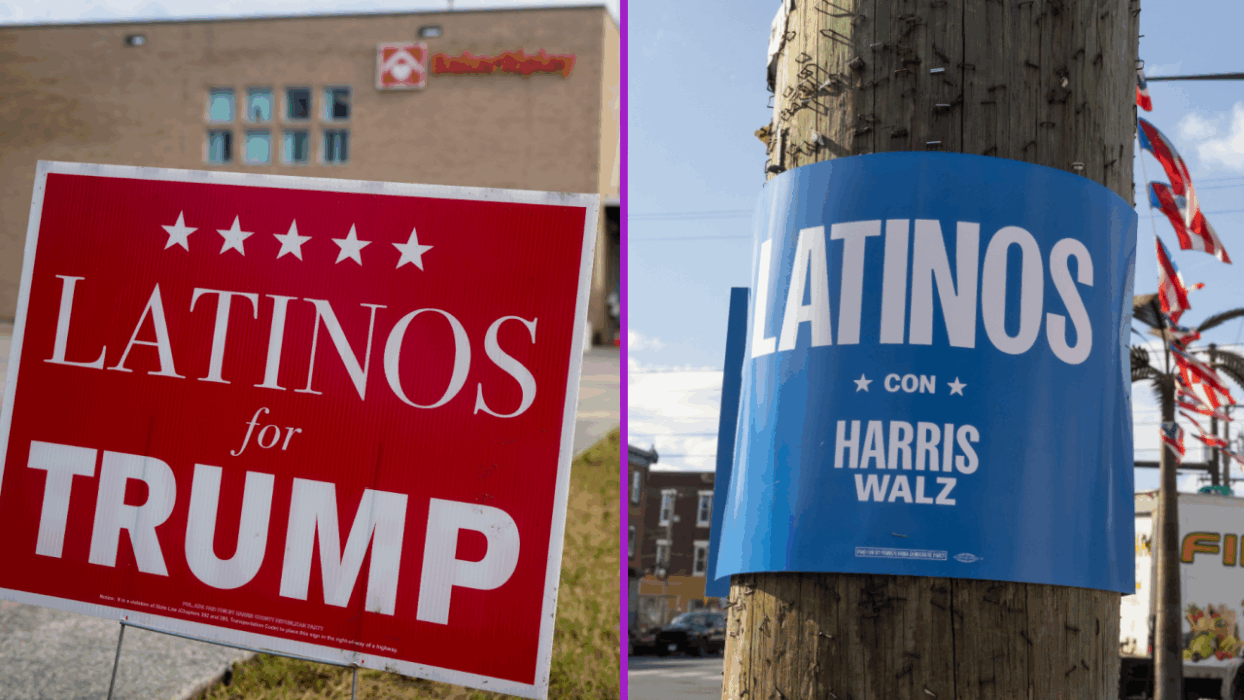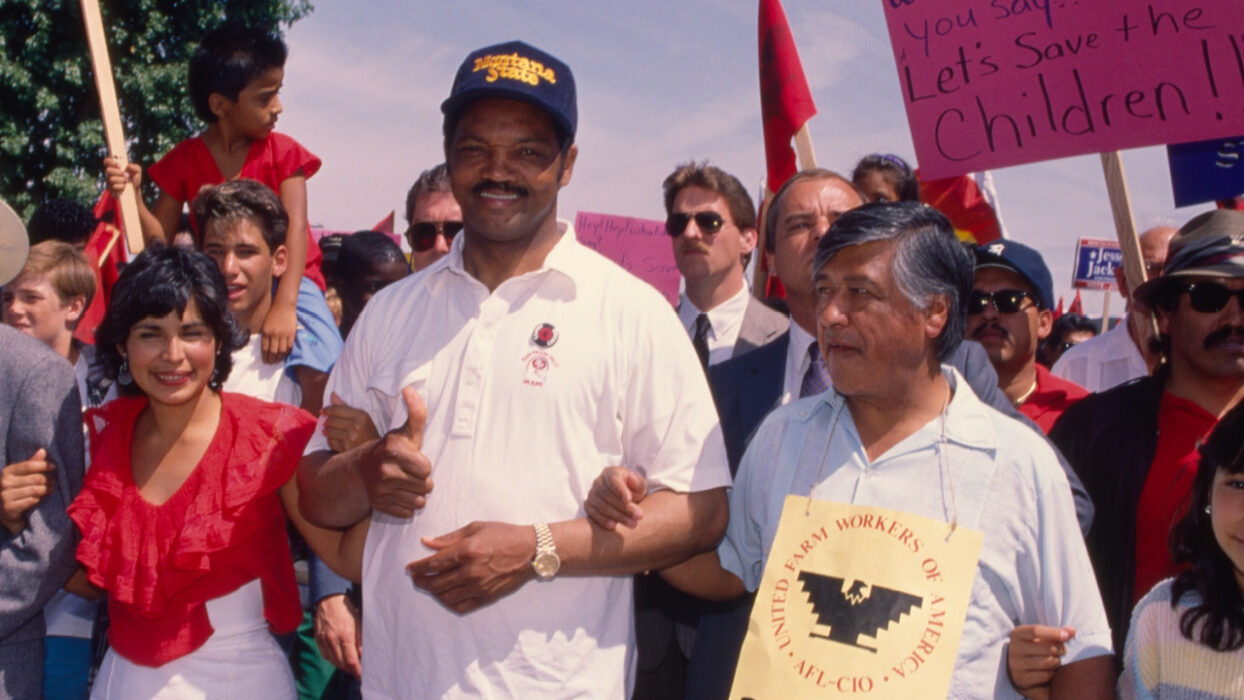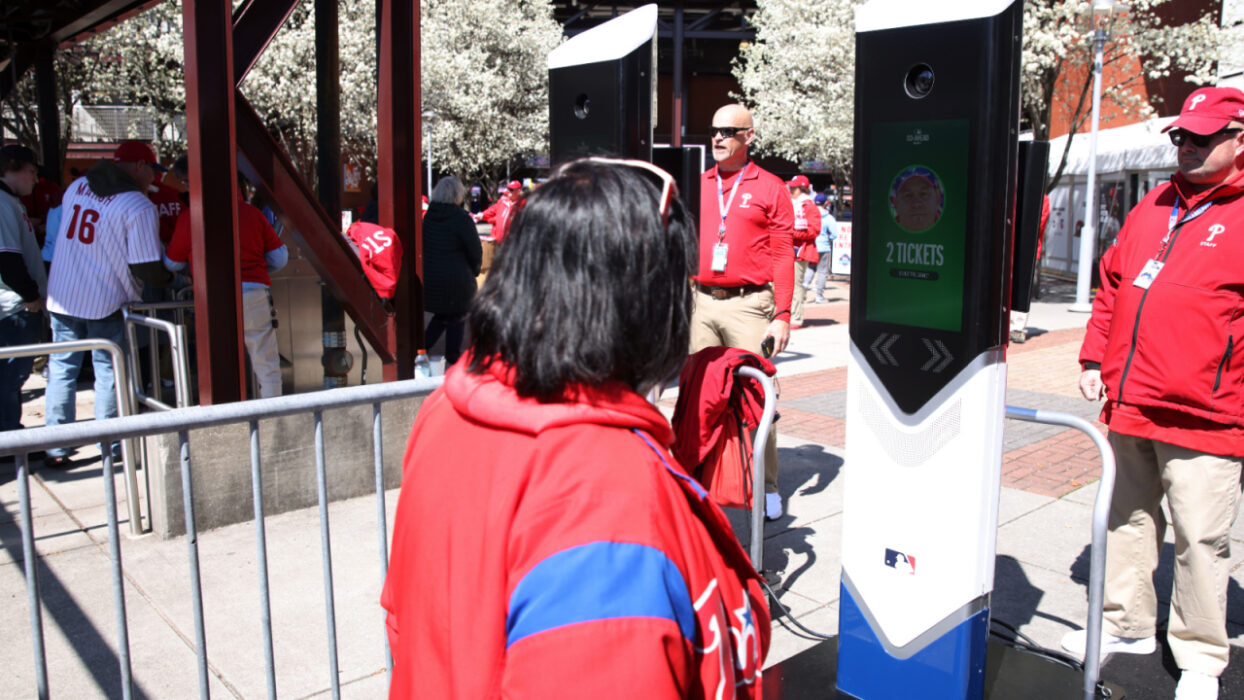
Union Calls For Protection For Farmworkers In Washington As State Grapples With Devastating Heat Dome
Washington state is suffering from high heats as a heat dome sits over the Pacific Northwest. As the state grapples with the heat issues, the United Farm Workers is calling for the governor to enact protections for farmworkers.
The Pacific Northwest is dealing with a devastating heat dome.
The heat dome sitting over the Pacific Northwest has brought brutal and deadly heat waves to parts of Canada and the United States. Hundreds of people have died in Canada and the U.S. as a result of the record-breaking heat waves and there are more hot days ahead.
It happens to be cherry-picking season in western Washington.
Farmworkers are working in this brutal heat to pick cherries, like how farmworkers work through all major and hazardous conditions to provide food. Yet, the focus from the state of Washington and the cherry farms, according to United Farm Workers, has been squarely put on saving the cherries. The concern has been that the heat could lead to the cherries drying out or suffering sunburn and United Farm Workers is calling attention to the people instead.
“Maybe there didn’t use to be a need for urgent protection, but there is now,” Elizabeth Strater, UFW’s director of strategic campaigns, told NBC News.
The United Farm Workers is calling on Washington to offer protections for farmworkers.
Farmworkers have been working nonstop in the sweltering heat over the past weeks to pick cherries and protect the harvest. However, United Farm Workers is calling for something to be done to safeguard the lives and safety of the people picking the cherries. According to NBC News, some farms have started to have people show up at 2 a.m. to start picking the crop so that the work can be done at night and end before the heat is too bad.
“It’s a job safety issue,” Rep. Raul Grijalva, the chairman of the Natural Resources Committee, told NBC News. “It is a given that the heat is not going to abate itself overnight, if at all. This is just going to get worse and worse and the workers that are exposed are primarily of color, primarily Latino.”




